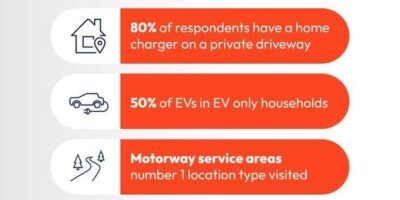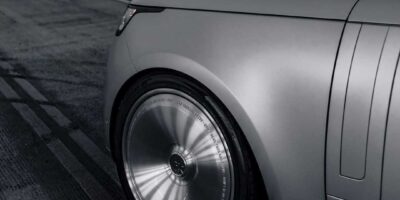As the temperatures rise and motorists enjoy the summer sun, Aviva has put together a list of myths and misconceptions about driving at this time of year. But which are true, which are false and which depend on the situation?
It is illegal to drink water while driving. FALSE.  Eating and drinking while driving isn’t illegal, but the police can stop you if they think you are not in full control of a vehicle due to drinking or eating while driving along. This could lead to a fine and penalty points if you’re charged with driving without due care and attention. It’s important to stay hydrated on hot days, but safer to stop before you drink your water.
It’s compulsory to keep sunglasses in your vehicle, in case of bright sunlight. FALSE.  The Highway Code states: “If you are dazzled by bright sunlight, slow down and if necessary, stop†but there is no obligation to wear sunglasses or keep them in your car. However, low-setting sun (particularly when combined with wet roads) can be a contributing factor in collisions – so sunglasses are a very good idea, particularly if it’s been raining.
It’s illegal to drive in flip-flops or “slider†sandals. FALSE.  There’s no rule that says you can’t drive in flip-flops. But… rule 97 in the Highway Code states motorists should ensure “clothing and footwear do not prevent you using the controls in the correct manner.†So it’s up to the individual motorist to ensure their footwear is suitable.
It’s illegal to drive without screen wash. TRUE. Screen wash ensures you can clean your screen while you drive – which is very important in summer when bugs are likely to hit the glass. If you are in an accident because your vision was impaired, and it comes to light that your screen wash bottle was empty, you could be prosecuted.
You should not take hay fever medication before driving. IT DEPENDS. There are no rules about hay fever remedies specifically, but antihistamines can cause drowsiness and impair reaction times. Rule 96 of the Highway Code states: “You MUST NOT drive under the influence of drugs or medicine… check with your doctor or pharmacist and do not drive if you are advised that you may be impairedâ€. Insurance policies are unlikely to cover any incident directly caused by or due to the effects of alcohol and/or drugs, so non-drowsy antihistamines may be a better option for hay fever-prone motorists.
It’s illegal to sleep in your car if you’re having a weekend at the seaside. IT DEPENDS. While it’s not illegal to sleep in your car as a rule of thumb, some UK towns and cities may have local rules which prevent you from sleeping overnight in certain areas, so it’s probably better to arrange accommodation if you plan to stay (see also point seven).
If you don’t want to drink and drive, you can sleep it off in your car. FALSE. If you’ve been drinking alcohol and you’re found to be over the limit in your car, it doesn’t matter if you’re driving or not, you could still be prosecuted for being drunk in charge of a vehicle. The same applies if you’re under the influence of drugs.
You could invalidate your insurance if your dog sticks its head out of the car window while you drive. IT DEPENDS. You should check your motor insurance policy to see if there are any rules about travelling with pets. However, even if a policy doesn’t specify that pets should be harnessed or restrained, the Highway Code states that dogs or other animals should be suitably restrained so they cannot distract you while you are driving or injure you, or themselves, if you stop quickly.
It’s even more important to check your tyres on a hot day. TRUE. Tyres must have the correct depth of tread and be free from cuts any time of year, while tyre pressures should be checked regularly, before long journeys and when vehicle loads increase or decrease. Under-inflated tyres are more prone to blow-outs in hot weather as they’re less able to adapt to changes in road surfaces. It’s also important to check oil and coolant levels, particularly if you’re embarking on a long trip.
Drivers should be even more vigilant than ever for summer cyclists and pedestrians. TRUE. Pleasant weather means people are more likely to walk and cycle during the summer months, while the advent of e-scooter trials could mean even more people on two wheels – so motorists should stay on their guard. According to The Bicycle Association, retail bike sales increased by 60% between March and December last year*, so it’s very possible we’ll see even more pedal cycles this summer.
*Article Source www.aviva.com








